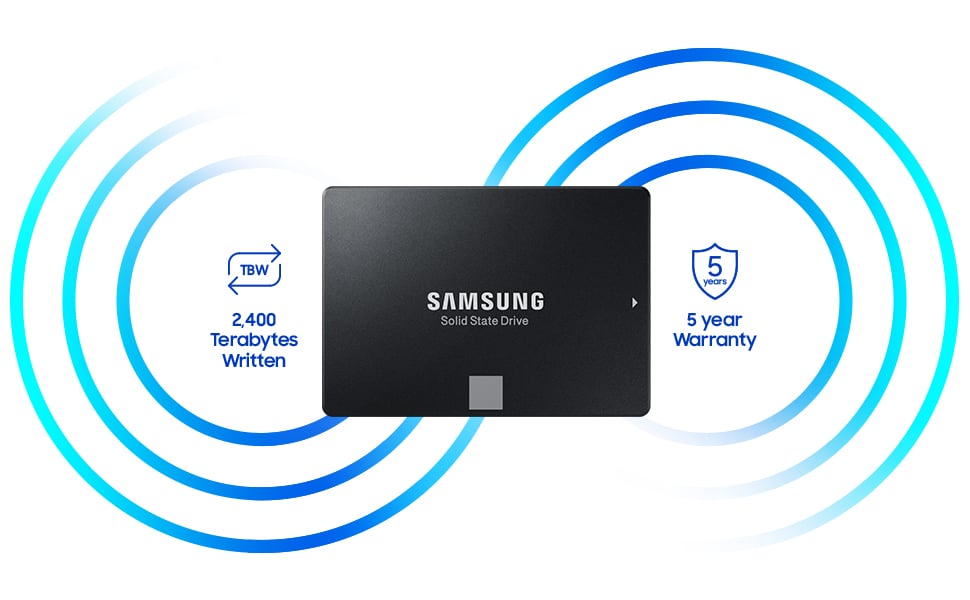
Once connected, there's no lengthy 'backup and restore' process on Xbox One either you simply copy a game over from the internal to the attached drive, and reap the rewards in faster read speeds.Īs a test process, this has made putting this article together much easier than on PS4, but the key hardware is otherwise the same. As long as it has a SATA interface, you can even slot in SSD or hybrid drives, and this combo comes in at a significantly lower price. For all our tests below, we rely on a simple USB enclosure device that costs in the region of £10-15, allowing us to connect any spare 2.5 inch laptop drive you like to the console. Now, it's possible to buy an external SSD and be done with it - but there's a more affordable path to the same results. That is, provided you have one specific tool for the job. One of its trump cards is the ability to connect to any external drive via USB 3.0, making the upgrade path much more fluid than it is on PS4. With its stock 5,400rpm drive turning in loading times of well over a minute in certain titles - such as Just Cause 3 and Grand Theft Auto 5 - Microsoft's machine thankfully has plenty of options to speed up the downtime. Which would even perform better in this instance then if I am using it exclusively for gaming, a 5400RPM SSHD, or a 7200RPM HDD? They are about the same price anyway.Having seen the worthwhile results of SSD and hybrid drive upgrades on PlayStation 4, it's now Xbox One's turn in the test seat. So going back the 1TB drives, plenty of them exist in the 2.5 form factor at 7200RPM, but again, the Firecuda 1TB drives seemed to be 5400RPM.Īre there any 7200RPM models of the 1TB Firecudas? Several sites seem to list them as being 7200RPM, but Seagate themselves seem to purposely hide that spec (which makes it seem very suspiciously likely that they are 5400) and several people have insisted that they are just simply 5400. I looked at mechanical 2TB drives, but noticed that all of them are 5400RPM, the 7200RPM models only exist in enterprise-level drives that cost more than a SSD would, so that is out of the question. I looked into them and noticed that they for some crazy reason were 5400RPM. Then I was told about these Seagate Firecuda drives, and looked into them, the 2TB model was pretty cheap.



I can't use a SDD because they are just far too expensive for 1TB. I need a 2.5 inch drive that is minimum 1TB to replace the extremely slow 5400RPM one I currently have.


 0 kommentar(er)
0 kommentar(er)
